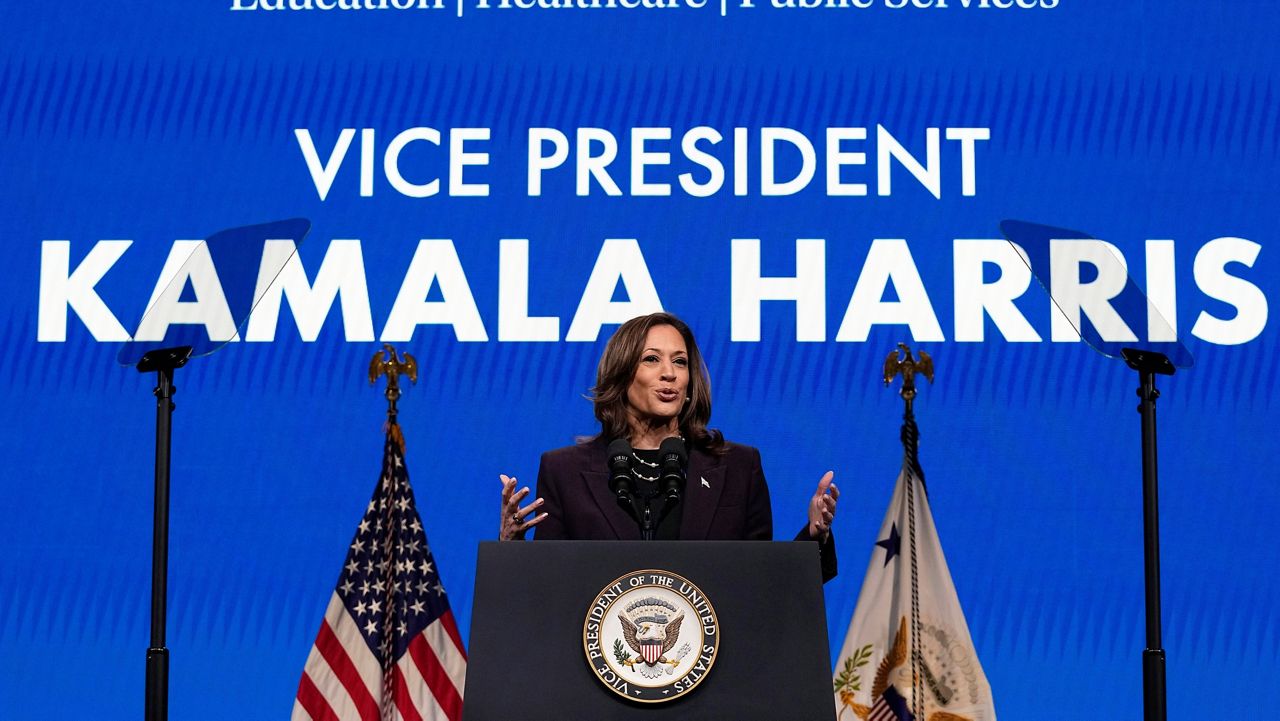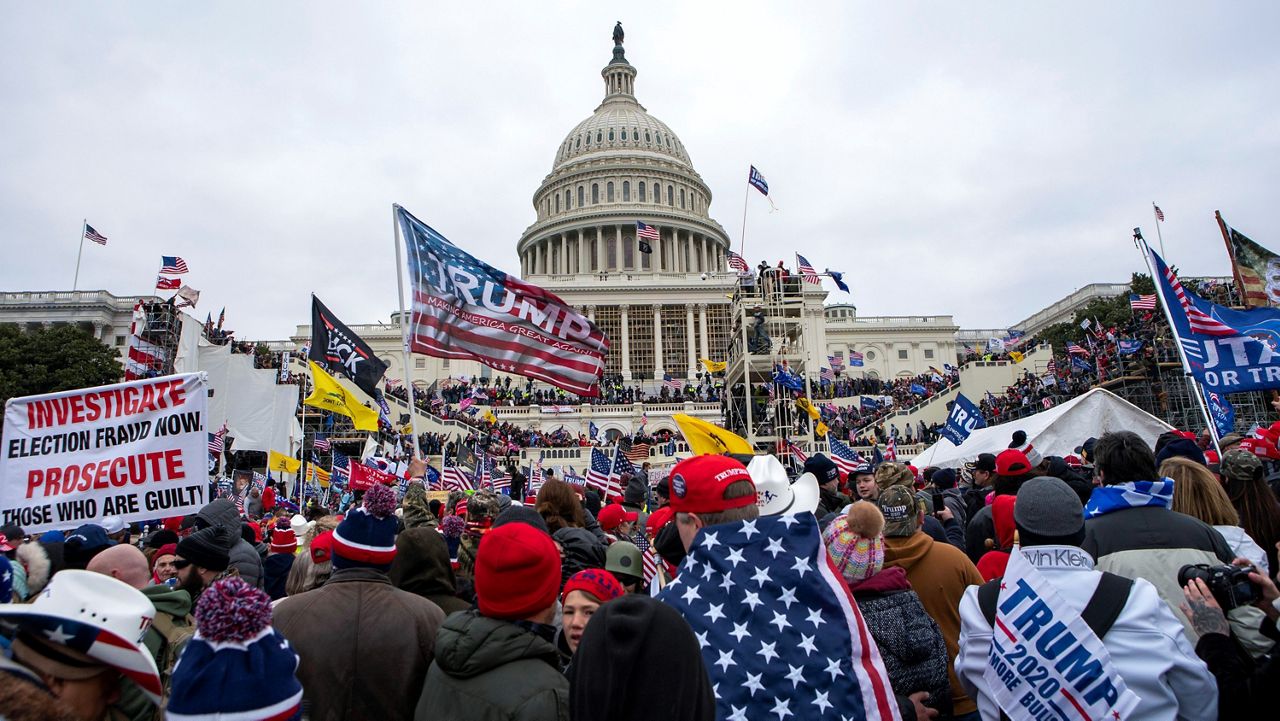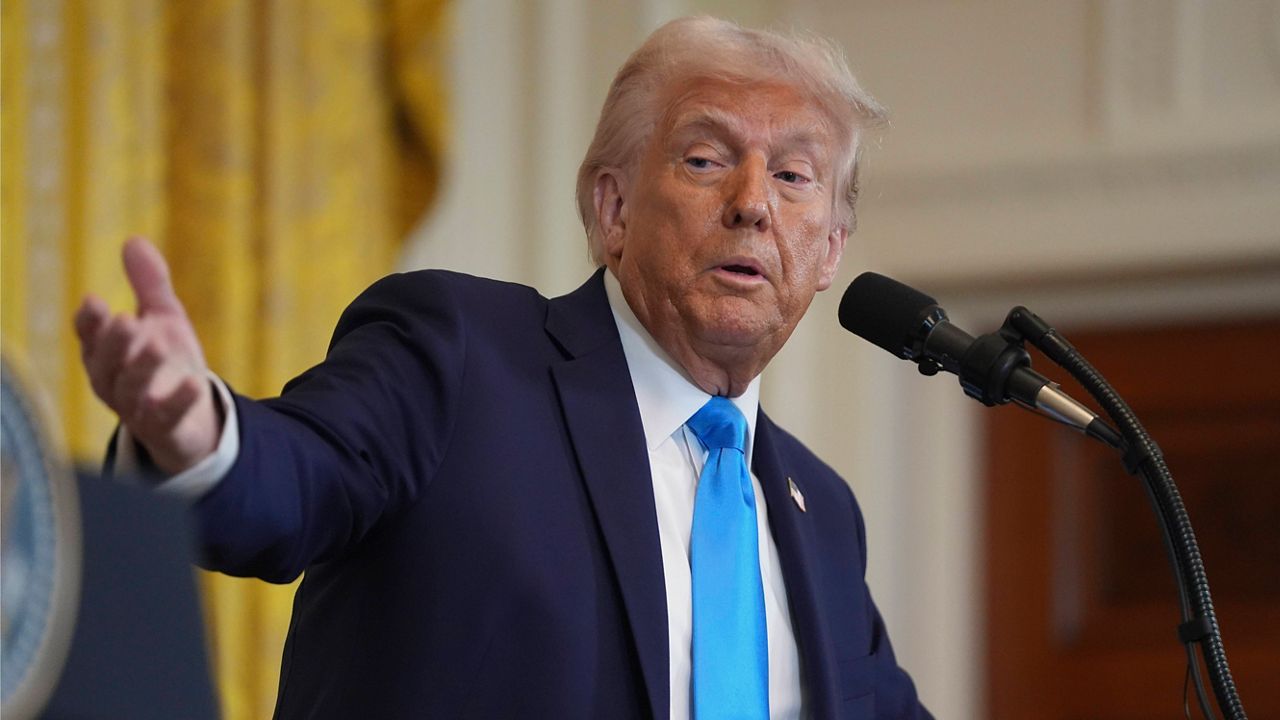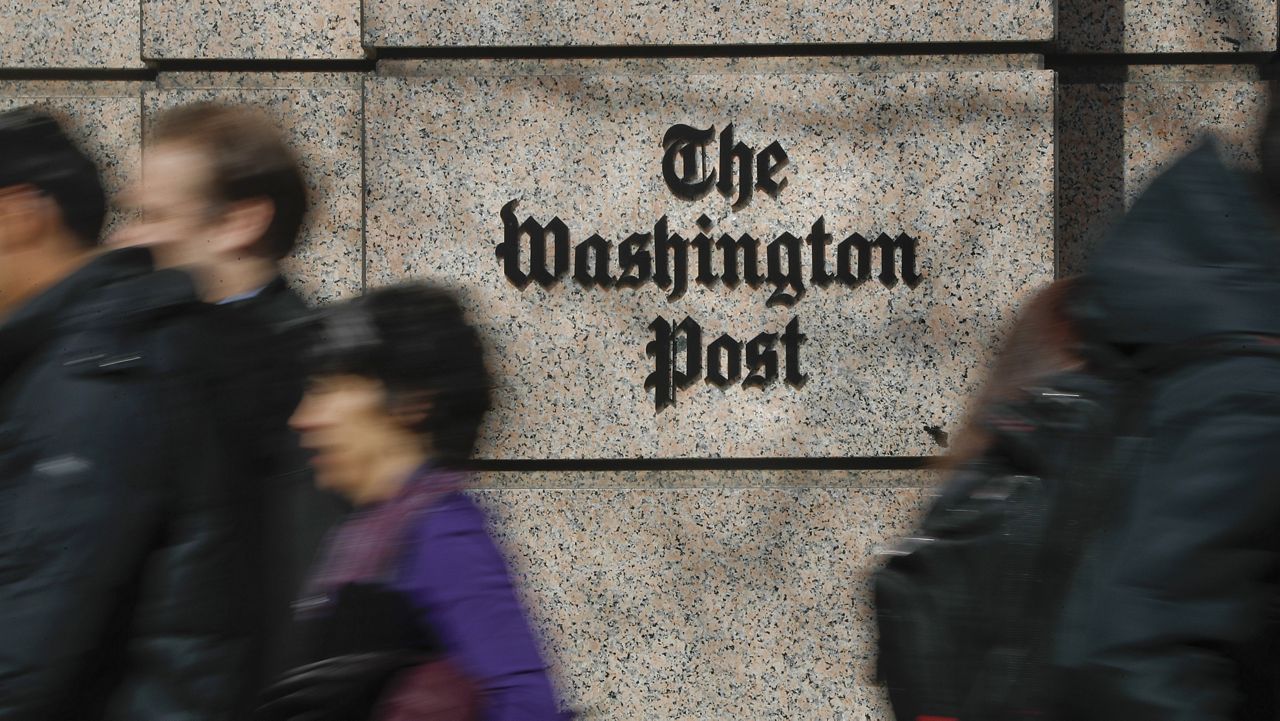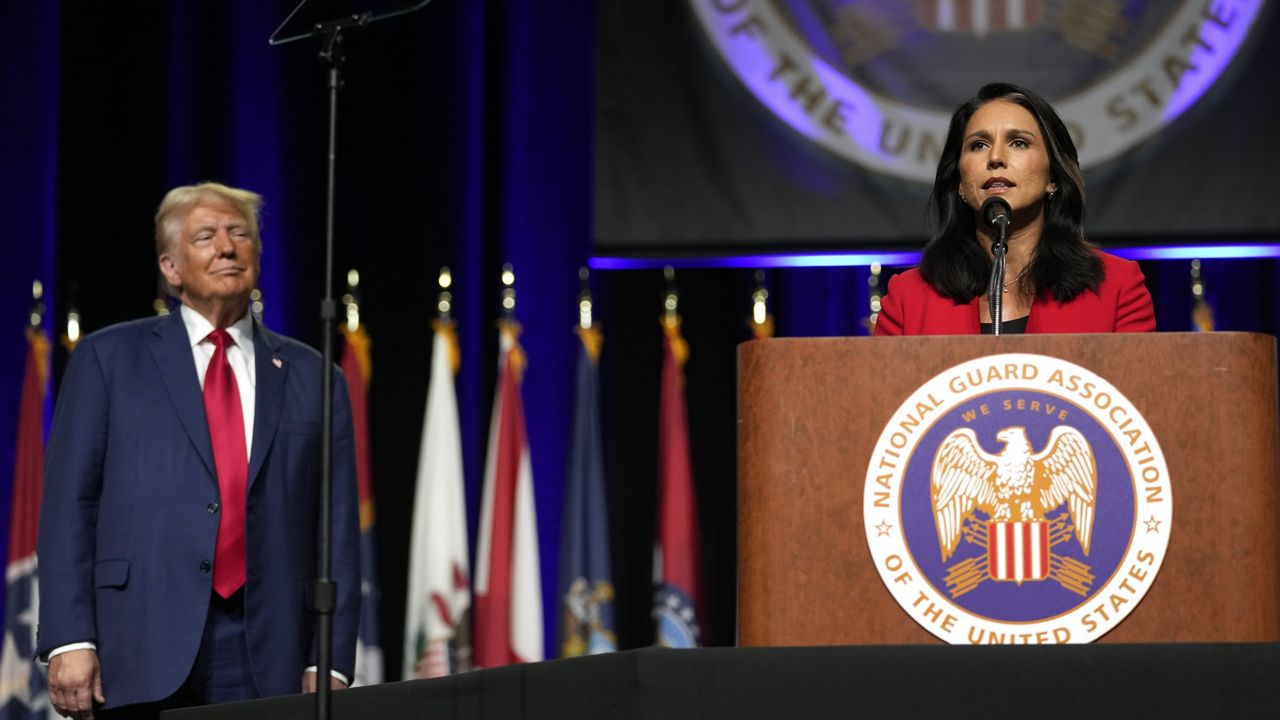Vice President Kamala Harris' last-minute campaign for president has meant an instant spurt of increased travel, intensified fundraising, a flurry of filming new content for ads and a quick search for a running mate.
Add to that list a series of hastily organized Zoom calls to raise money and rev up supporters — including one on Monday night built around "White Dudes for Harris."
In barely a week since President Joe Biden bowed out of the race and endorsed Harris, tens of thousands of people have joined virtual gatherings spun up by activists and outside organizations to rally support for the vice president among specific groups including Black women, Hispanic women, Black men, Asian Americans, Native Americans and the LGBTQ+ community.
The calls reflect how Democrats, including Biden, have frequently relied on voters from broad and disparate backgrounds to piece together a diverse coalition of support. Biden's 2020 victory, for example, relied on segments of the population ranging from organized labor to conservative, suburban women disillusioned with Republican Donald Trump.
Organizers of Monday night's "white dudes" Zoom expect 100,000 attendees to join a gathering featuring appearances from actors including Mark Ruffalo, Sean Astin, Mark Hamill and Bradley Whitford.
Also set to participate: Democratic officials including Transportation Secretary Pete Buttigieg, North Carolina Gov. Roy Cooper, Minnesota Gov. Tim Walz and Illinois Gov. JB Pritzker, all of whom have been mentioned as potential running mates for Harris.
"We are organizing ourselves this time because we aren't going to sit around and let the MAGA crowd bully other white guys into voting for a hateful and divisive ideology," Ross Morales Rocketto, a progressive operative who founded the group, said in a statement. He was referring to Trump's "Make America Great Again" movement.
The Zoom calls haven't been organized by Harris' team, but her campaign welcomes the assist — and the millions of dollars in fundraising.
"Winning campaigns are powered by real, organic support," Harris campaign communications director Michael Tyler said in a statement.
Amit Ahuja, a political science professor at the University of California at Santa Barbara whose research focus includes the processes of inclusion and exclusion in multiethnic societies, said that "no campaign's going to say no" to groups from different backgrounds organizing themselves and bolstering enthusiasm and fundraising.
But he said that it is up to the candidate to accept support from individual groups while offering a larger personal story that can resonate with the larger country as a whole. An example, he said, is then-candidate Barack Obama, who rose above early campaign questions about racial identities to build a narrative around his personal story and hope.
"This is a challenge for both sides. This is a tight race. They both have to compile the largest possible coalition. And, by leaning into one identity or the other, they could actually really hurt themselves," Ahuja said. He said the best response is to urge voters to "look at the candidate, don't look at the groups."
The calls for Harris often feature celebrities who have supported Biden's campaign in the past. And their sheer number demonstrates how the vice president will need to appeal to different facets of the increasingly pluralistic population.
The political networking group "Win With Black Women" held a Zoom meeting the same night that Biden dopped out, and saw its number of participants swell to more than 44,000. It featured celebratory speeches from activists, business leaders, members of Congress and staff from the vice president's office.
After that, a "Win With Black Men" virtual fundraising event attracted more than 53,000 attendees. They heard several presentations, including by 27-year-old Democratic Rep. Maxwell Frost of Florida, who had been a leading advocate for Biden's campaign among younger voters, and Georgia Sen. Raphael Warnock.
A Zoom of "White Women for Harris" attracted more than 164,000 participants — so many that the platform struggled to meet the demand. It was headlined by the likes of singer Pink and soccer star Megan Rapinoe.
"As white women, we are the ones who have the privilege, of course, and we too have had to fight — and continue to fight — for our equality our selfhood, our freedom," actor Connie Britton told participants. She supported Biden's campaign in 2020 and this cycle before shifting enthusiastically to Harris.
Trump's campaign has also organized different groups of supporters by their distinct backgrounds, including events in battleground states like Pennsylvania and Georgia for Black voters and "Latino Americans for Trump."
Some Republicans have criticized Harris for her "diversity, equality and inclusion politics," arguing that the vice president's political career was helped by Democratic efforts to promote diversity. That's despite House Speaker Mike Johnson and other GOP leaders on Capitol Hill discouraging lines of criticism that they considered racist and sexist — instead urging members of the party to focus their criticisms on Harris' political record.




